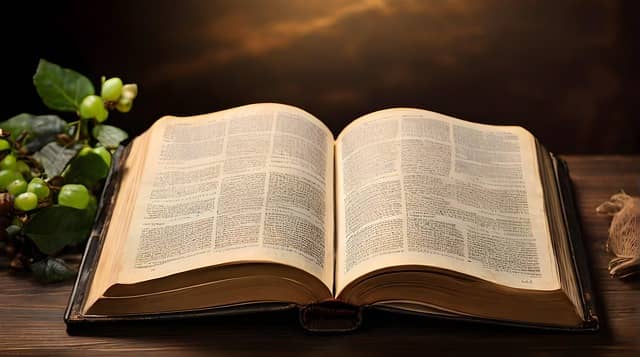What does Beelzebub mean in Lord of the Flies? In William Golding’s Lord of the Flies, powerful symbols and names are used to explore deep questions about human nature. One name that stands out is Beelzebub, which appears in connection with some of the most important themes in the novel. Understanding what Beelzebub means in the context of the story can help us see what Golding is really saying about good, evil, and the darkness within us all.
What does Beelzebub mean in Lord of the Flies?
In Lord of the Flies, Beelzebub is another name for the devil and represents evil and corruption. The title itself, “Lord of the Flies,” is actually a translation of Beelzebub. Golding uses this name to show the darkness inside the boys as they start to lose their innocence on the island.
The most direct connection in the book comes when Simon confronts the pig’s head, which is covered in flies. Golding writes, “Fancy thinking the Beast was something you could hunt and kill!… You knew, didn’t you? I’m part of you?” (Chapter 8). Here, the pig’s head, called the Lord of the Flies, speaks to Simon, symbolizing how evil comes from within each person rather than from some outside monster.
By using Beelzebub as a symbol, Golding suggests that everyone has a capacity for evil and that this darkness can take over if there are no rules or order to keep it in check.
What does Beelzebub represent in Lord of the Flies?
In Lord of the Flies, Beelzebub symbolizes the devil. The name is used to represent evil and the dark, destructive side of human nature that emerges when rules and order break down on the island.
Where in the Bible does it talk about Beelzebub in Lord of the Flies?
In the Bible, Beelzebub is mentioned in Matthew 12:24. The verse says, “But when the Pharisees heard it, they said, This fellow doth not cast out devils, but by Beelzebub the prince of the devils.” Golding uses this name in Lord of the Flies to connect the story’s themes of evil and corruption to the idea of the devil from scripture.
What sin did Beelzebub commit?
Beelzebub committed the deadly sin of pride. In tradition, he is often seen as one of the fallen angels who became a demon because of his pride and desire to rival God. This makes him a symbol of arrogance and the dangers of putting oneself above others.
Who is Beelzebub in Lord of the Flies?
In Lord of the Flies, Beelzebub is a demon from Christian and Jewish mythology, also known as the Lord of the Flies or the Prince of Demons. In the novel, Beelzebub represents evil and the darkness inside humans, shown most clearly by the pig’s head on a stick that becomes the boys’ “Lord of the Flies.”
Conclusion
In conclusion, Beelzebub in Lord of the Flies is another name for the devil and stands for the evil and darkness that can exist within everyone. By using this name and symbol throughout the novel, Golding reminds us that the real source of evil isn’t an outside force, but something that comes from inside each person when order and morality break down.
